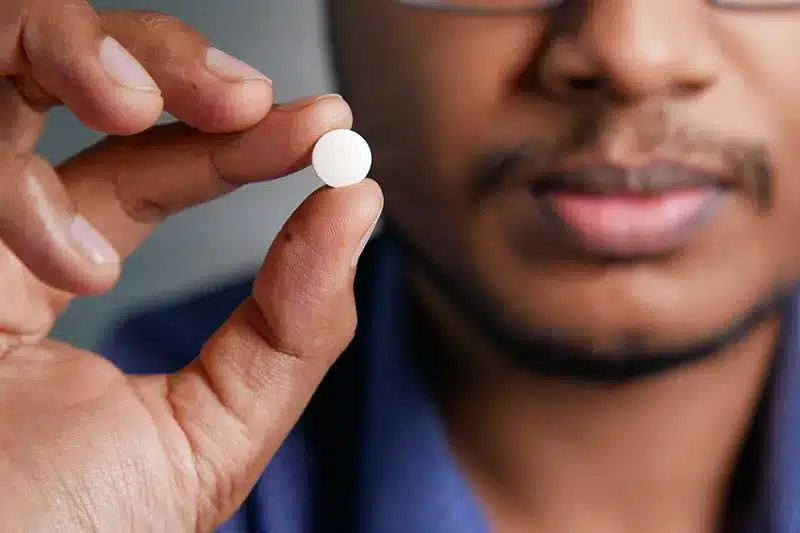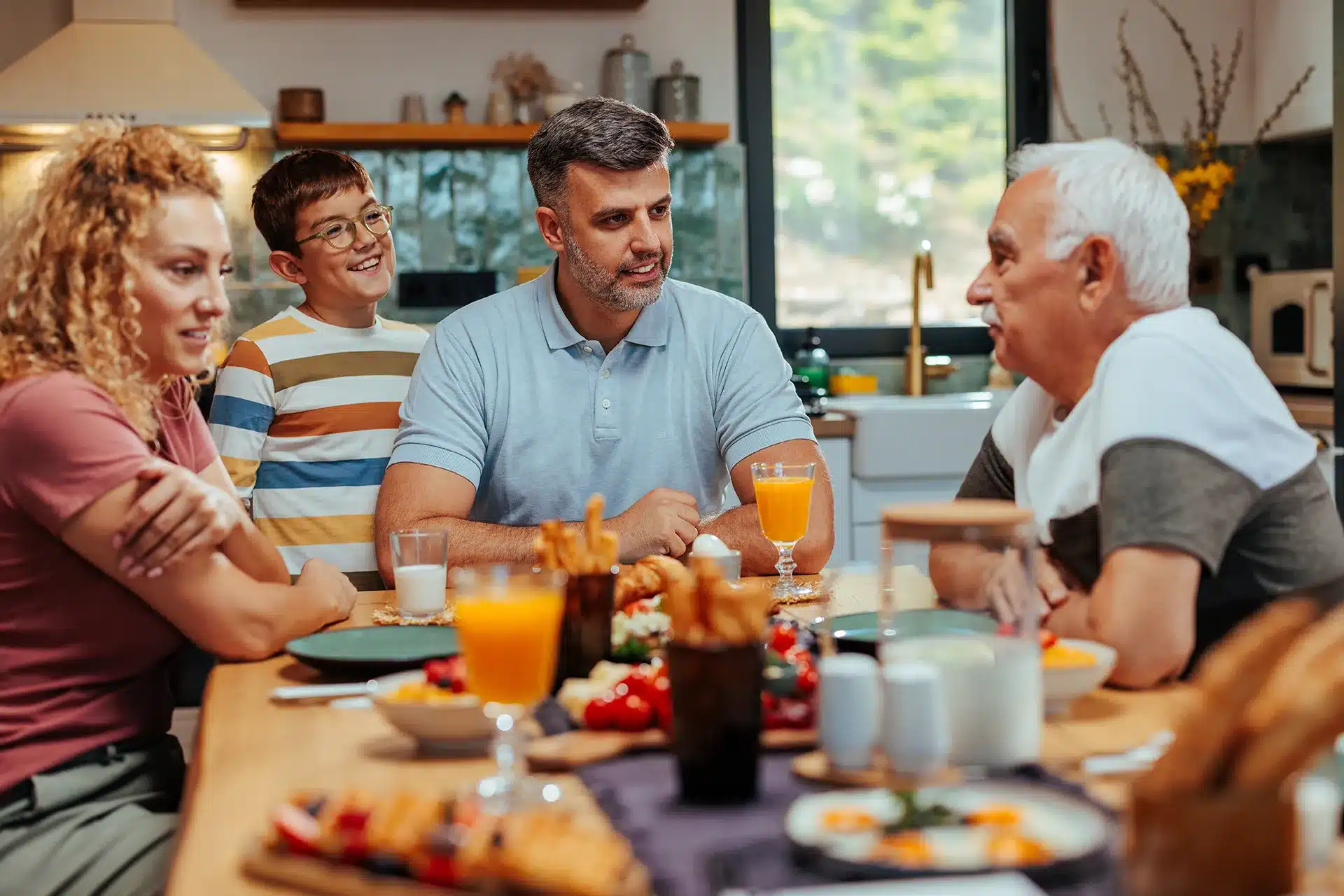From Treatment to Tragedy “75% of people with opioid addiction started with prescription painkillers”
Brought to you by The Mid Shore Opioid Misuse Prevention Program
Just one fake pill can be deadly — even to someone trying opioids for the first time.
Opioid misuse often starts with a prescription meant to help—and turns into something far more dangerous. Today, the drugs themselves have changed—fentanyl is widespread, & the danger is larger than ever. Source: CDC
FENTANYL IS 50 TO 100x STRONGER THAN MORPHINE AND 50x STRONGER THAN HEROIN

Opioid misuse often begins with a legitimate prescription for pain.

Over time, people may need more of the same medication to feel the same relief.
When prescriptions run out, some turn to other, riskier options to manage their pain or withdrawal.

This can lead to seeking pills from other sources—not realizing that many are now laced with fentanyl, a powerful and often deadly opioid that’s nearly impossible to detect.

More About Opioid Misuse Prevention
Opioid misuse is preventable—and it starts with small, intentional choices. Whether you're a parent, educator, or community member, you can play a key role in keeping your home and neighborhood safe.
It’s never too early—or too late—to start the conversation. Click here for tips on how to talk with your teen about opioids.
To Talk With Providers
If you or someone you know is being prescribed opioids for pain, it’s important to ask questions, understand the risks, and explore safer options. Open conversations with healthcare providers can prevent misuse before it starts.
Here are key questions to ask:
-
- Is an opioid necessary for this pain?
- Are there non-opioid alternatives?
- What are the risks and benefits of this medication?
- What is the lowest effective dose?
- How long should this medication be taken?
- How will we know when it’s time to stop?
- What do I do with leftover medications?
For parents:
- Ask when your child should stop taking the medication
- Don’t allow self-administration—track doses and stay involved
Making decisions about pain treatment isn’t easy—but asking questions helps you protect your health, your family, and your future. There’s no shame in getting help. There’s power in being informed.
Ask Questions & Understand the Risks
Don’t be afraid to speak up. If you or someone you care for is prescribed opioids, ask:
- Why is this medication needed?
- How long should it be taken?
- Are there safer alternatives?
- What are the side effects?
- What should I do with any leftover pills?
Follow Instructions Carefully
Take opioids exactly as prescribed—no more, no less.
Never mix them with alcohol or other medications unless approved by your doctor.
Safe use is one of the strongest lines of defense against overdose.
Store Medications Securely
Opioids should always be stored in a locked cabinet or other secure place.
Too often, medications fall into the wrong hands—especially in shared households.
Safe storage helps protect children, teens, guests, and anyone else who might be at risk of misuse.
Dispose of Leftovers Promptly
Never hold on to leftover pills “just in case.” Unused opioids are a leading source of misuse.
Take advantage of drop box locations in your area or ask your local health department for a disposal bag.
Proper disposal reduces the chance of accidental use, theft, or abuse.
Watch for Signs of Misuse
Whether it's you, a loved one, or someone in your community—knowing the warning signs can make a life-saving difference.
Look for red flags like running out of medication early, seeking higher doses, mood swings, or
withdrawal symptoms.
Don’t wait—speak up and seek help.
Talk About It
Breaking the silence around opioid misuse is one of the most powerful things we can do.
Open conversation reduces stigma and builds safer, more connected communities.
About Safe Disposal
Leftover opioids should never stay in your home. Holding on to extra pills—“just in case”—puts your household at risk for accidental use, theft, or misuse. The safest option is to dispose of them as soon as you no longer need them.
Drop boxes are available at the following locations across the Mid Shore region:
You can also request Medication Disposal information such as Drop Box locations, a Deterra bag or an Rx Destroyer bottle from your local health department. These tools let you safely deactivate and dispose of unused pills.
Safe disposal helps protect your home, your community, and the people you care about.
Naloxone Saves Lives Be Ready to Respond in a Crisis
Naloxone (brand name: Narcan) is a medication that can reverse an opioid overdose—even when fentanyl is involved.
It’s easy to use, works within minutes, and is available without a prescription in many places.
You can get naloxone at:
- Pharmacies across the Mid Shore region
- Local health departments — free training and free naloxone available
- Community events and outreach programs
You don’t need to be a medical professional to save a life—just someone who’s prepared.
Help & Recovery
If you or someone you love is struggling with opioid use, help is available right here in the Mid Shore region. Each county offers confidential support, treatment referrals, mental health services, and harm reduction resources.
Tools & Resources
For help finding treatment resources near you, click here
Click here to view the “What is Substance Abuse Treatment” SAMHSA booklet for families
For additional parent resources, click here
Where does the Mid Shore currently stand with safe medication practices? Why is this important? Click here to learn more.